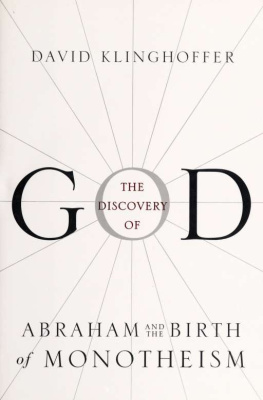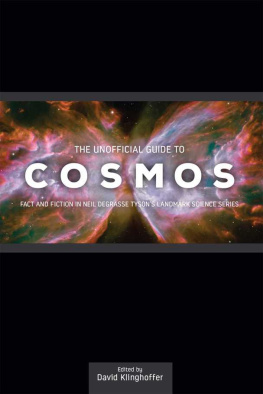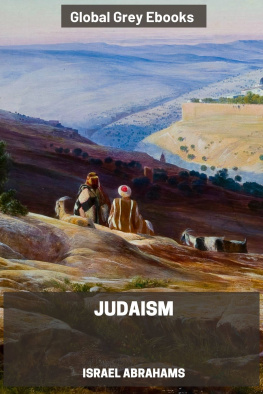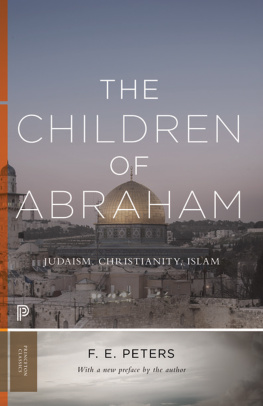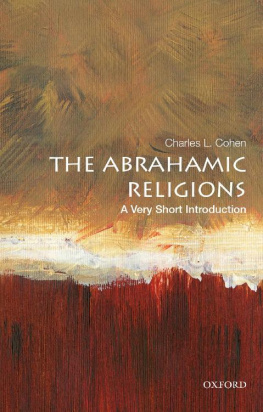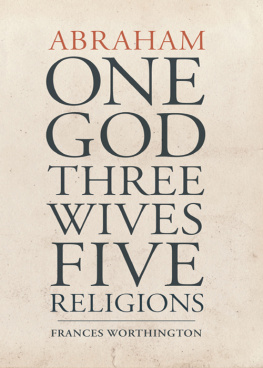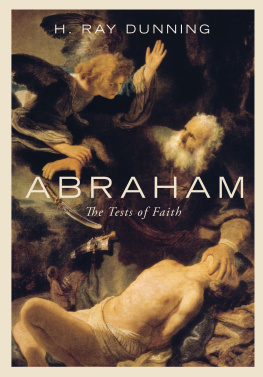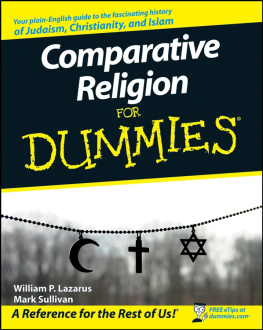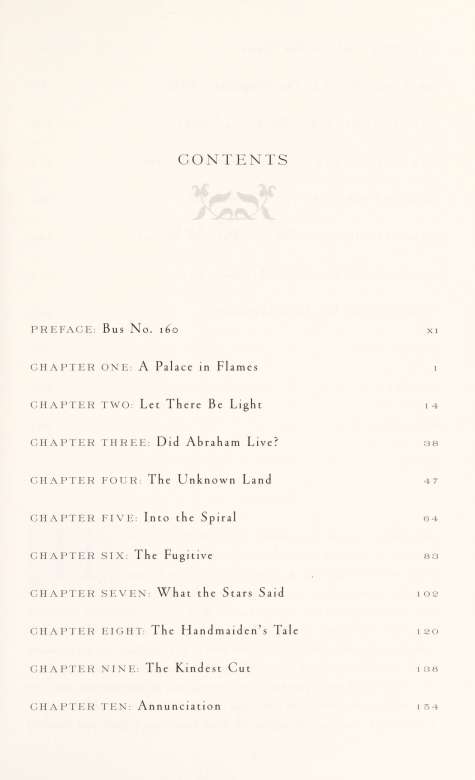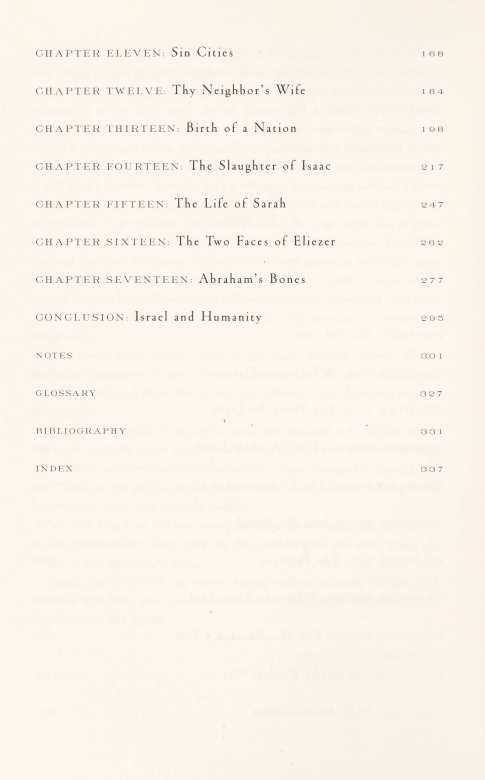David Klinghoffer - The Discovery of God: Abraham and the Birth of Monotheism
Here you can read online David Klinghoffer - The Discovery of God: Abraham and the Birth of Monotheism full text of the book (entire story) in english for free. Download pdf and epub, get meaning, cover and reviews about this ebook. year: 2003, publisher: Doubleday, genre: Religion. Description of the work, (preface) as well as reviews are available. Best literature library LitArk.com created for fans of good reading and offers a wide selection of genres:
Romance novel
Science fiction
Adventure
Detective
Science
History
Home and family
Prose
Art
Politics
Computer
Non-fiction
Religion
Business
Children
Humor
Choose a favorite category and find really read worthwhile books. Enjoy immersion in the world of imagination, feel the emotions of the characters or learn something new for yourself, make an fascinating discovery.
- Book:The Discovery of God: Abraham and the Birth of Monotheism
- Author:
- Publisher:Doubleday
- Genre:
- Year:2003
- Rating:4 / 5
- Favourites:Add to favourites
- Your mark:
The Discovery of God: Abraham and the Birth of Monotheism: summary, description and annotation
We offer to read an annotation, description, summary or preface (depends on what the author of the book "The Discovery of God: Abraham and the Birth of Monotheism" wrote himself). If you haven't found the necessary information about the book — write in the comments, we will try to find it.
The Discovery of God chronicles Abrahams life from his birth in Mesopotamia through his travels as preacher and missionary throughout the Middle East. Many of the primary sites of Abrahams life and career still exist, and Klinghoffer describes what they were like in ancient times and how they appear today. The tangible details of the polytheistic culture are re-created, showing how Abraham challenged the most basic beliefs of his contemporaries. He did not set out to establish the Jewish religion, but rather to spread the message of ethical monotheism as it was revealed to him-a powerful message that deepened over time, as did his faith and relationship with God.
In contrast to many scholars who, troubled by its contradictions and apparent errors, see the Bible as the work of a series of scribes and editors, Klinghoffer argues that the Bible should be viewed as an esoteric text that an only be comprehended in light of the oral tradition from which it emanated. Combining rigorous scholarship and interpretive ingenuity, he draws on biblical commentary and the Jewish oral tradition as preserved by sages from the Talmudic scholars to Maimonidies to explore and explain the miraculous origins of monotheism.
At a time when the world seems to moving toward a renewedconfrontation between the three great Abrahamic faiths, The Discovery of God is a potent reminder of the history and beliefs that unite them.
David Klinghoffer: author's other books
Who wrote The Discovery of God: Abraham and the Birth of Monotheism? Find out the surname, the name of the author of the book and a list of all author's works by series.

